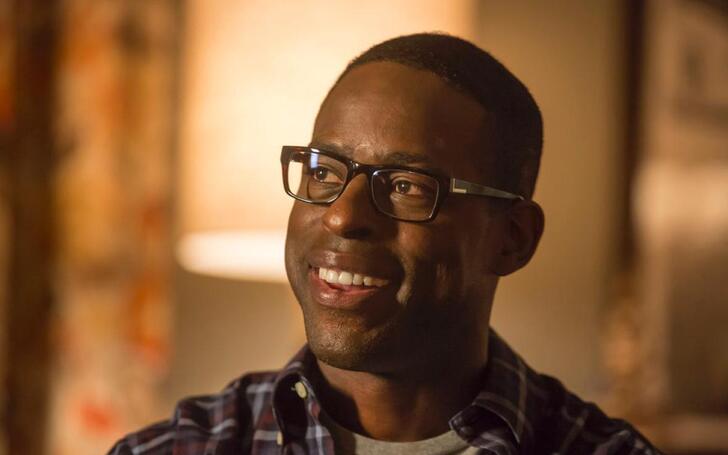Sterling K. Brown says, “seeing yourself on screen validates your life.”
Sterling K. Brown made an appearance on The Daily Show With Trevor Noah on Tuesday to speak about his nominations on Emmys as well as his contributions to One Million Truths, a project that explores Black experiences with racism.
Brown, in addition, explained how crucial it is for all – irrespective of the color of their skin – to be portrayed in the media and have their stories shared.
Watch: Sterling K. Brown – Racism In America & Uncovering Family History | The Daily Social Distancing Show
Starting off, Noah congratulated the Supernatural star on getting nominated for the Emmys for his outstanding performances on This is Us and The Marvelous Mrs. Maisel. The host began,
One thing I’ve always enjoyed about This is Us, it’s an interesting look at how much people can love each other and know each other but still not know fully about each other, you know? You play a character where you’re part of a family where, even though you share so many things, there’s still something that separates you and that is the color of your skin.
He proceeded to ask Brown if there’s a particular form of storytelling that the series uses to help viewers empathize with people who have different skin colors without making them feel as if they are criticized as opposed to exposing the system.
Brown replied,
I would hope so. Randall Pearson, just like his brother and sister and mother and father is a human being first and foremost, right, and I think so much of the power of media is that people learn through exposure, whether it’s through travel, whether it’s through books, whether it’s through the representation of people they see on screen.
The 44-year-old claimed, although the audience of the series is massive, it’s around 80 percent white, which presents the opportunity for him to speak with people who do not usually engage in such conversations with someone that looks like him.
You Might Like: ‘Riverdale’ Star Lili Reinhart Reveals Why She was Hesitant to Come Out as Bisexual Earlier
So, if they see his character in their home 18 times a week, they’re likely to tell, ‘That’s Randall, he’s just like me. He loves his family; he loves his mom.’ This way, people can understand aspects of his distress, even if they don’t comprehend the entirety of it.
The actor hopes the next time they see him, or someone that looks like him, they would lean in forward rather than step back.
Speaking of the project One Million Truths, Brown defined it as a platform for Black people in America to express their perception of prejudice.
He went on to claim it’s a comprehensive opportunity for Black citizens to see other people’s perspectives and for supporters who are curious to know the things that their peers have told them of are not one-off, because it’s not about something that occurred in an isolated instance, but such individual events are occurring over and over again around the world.
The actor added,
Maybe by having one place where people can go and see, like, ‘oh life for Black people in this country is not the same as it is for me.’ Right, and then there’s a development of empathy and hopefully a wave of support that we can ride right now to make some real change to systemic racism in this country.
Shedding light on some of his own experiences being raised in Missouri, Brown said there’s a sort of overwhelming perspective one gets as a young Black man in a primarily white academic setting.
Sterling stated he would be “one raisin” or “one of a few raisins” in the sun throughout his schooling. Whenever Black History Month rolled along, he felt everybody would take a glance at him. “You feel this sort of defensiveness; how do you show the repercussions that transpired in the past are still reverberating in the present?”
Brown also revealed his Indian Meadows production firm is titled after the mostly African-American community he grew up in St. Louis, Missouri. The actor referred to the business name a “testimony” to where he came from and who he wishes to depict.
Moving forward, Sterling stressed the significance of the inclusion of the stories he actually wishes to showcase.
Also See: Homefront on Netflix 2020 – Is the Jason Statham Actioner in the Streaming Platform?
The actor reckons watching yourself on screen validates your experience, which enables him to strive to write stories where people of color or in underprivileged backgrounds are front and center – they’re not just a sidekick or a goofy mate, but the narrative is about them.
Therefore, when you see yourself, you realize your journey is as relevant as anybody else’s.
Visit BAE Magazine for more interesting stories of your favorite stars.
Sterling K. Brown This is Us Trevor Noah
Last modified: May 2, 2021

